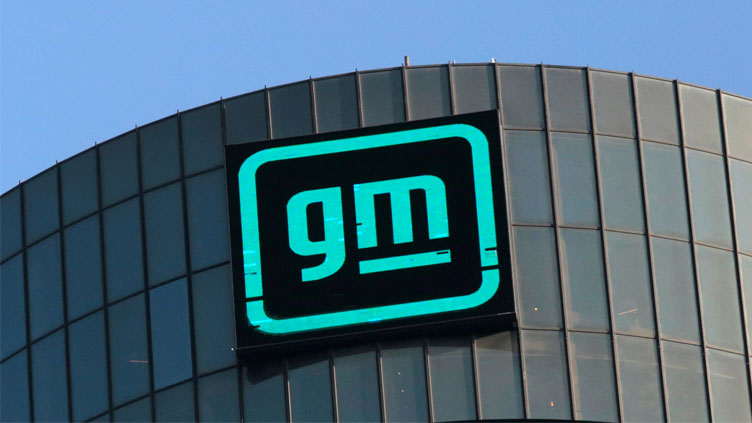General Motors broadens electric goals with new division

Technology
GM's Energy Services Cloud will include data and energy management tools
NEW YORK (AP) - General Motors, which plans to go almost entirely electric by 2035, is creating a new energy division that will produce chargers for electric vehicles, as well as solar panels and other energy-related technology for homes and businesses.
The company said Tuesday that the unit, called GM Energy, will create systems for households and commercial customers that link electric vehicles to power storage and generation. The division should have the capacity to sell energy from electric vehicle and stationary storage batteries back to utilities during peak periods of energy usage.
“GM Energy has the opportunity to help deliver sustainable energy products and services that can help mitigate the effect of power outages and provide customers with resilient and cost-effective energy management,” Travis Hester, vice president of GM EV Growth Operations, said in a statement.
GM’s Energy Services Cloud will include data and energy management tools and let customers manage their energy usage.
Ultium Charge 360, which includes several charging station networks and software, will expand its portfolio of integrated public charging networks, integrated mobile apps, and additional product and service offerings over time as part of the division.
GM said it also has partnerships with several companies, including solar technology and energy services provider SunPower. In the deal with SunPower, the two companies will develop and offer customers a home energy system that includes integrated electric vehicle and battery solutions, solar panels and home energy storage. The system will be available at the same time as the retail launch of the 2024 Chevrolet Silverado EV, which is expected to start production in the fall 2023.
There’s also a pilot project with Pacific Gas and Electric to allow residential customers to use their compatible electric vehicles with a bi-directional charger as backup power for essential home needs during power outages. After initial lab tests, the companies anticipate expanding the offer to some residential customers within PG&E’s service area. This is expected to begin next year.

